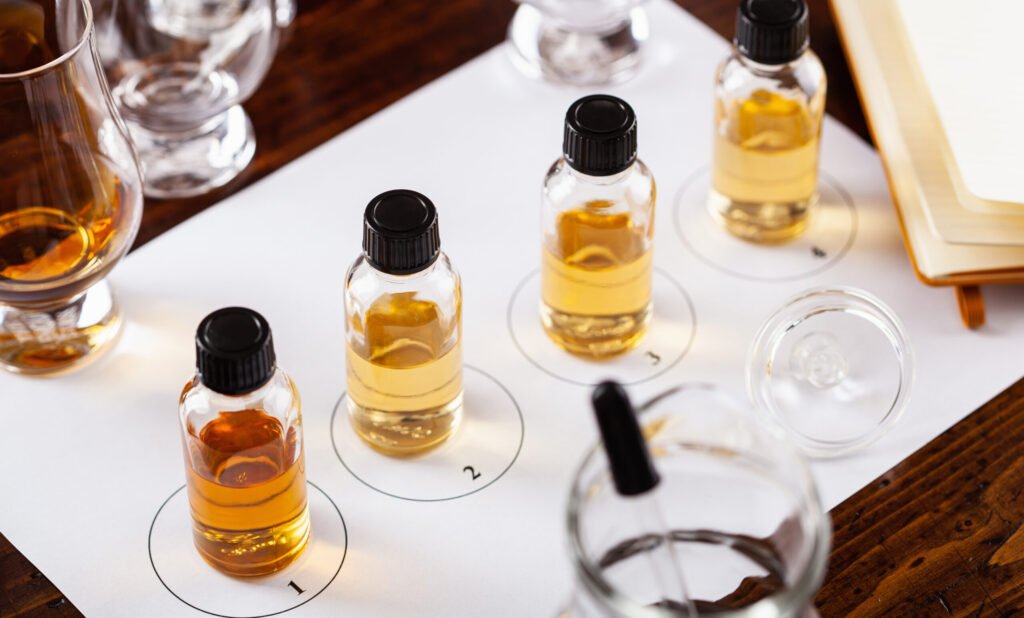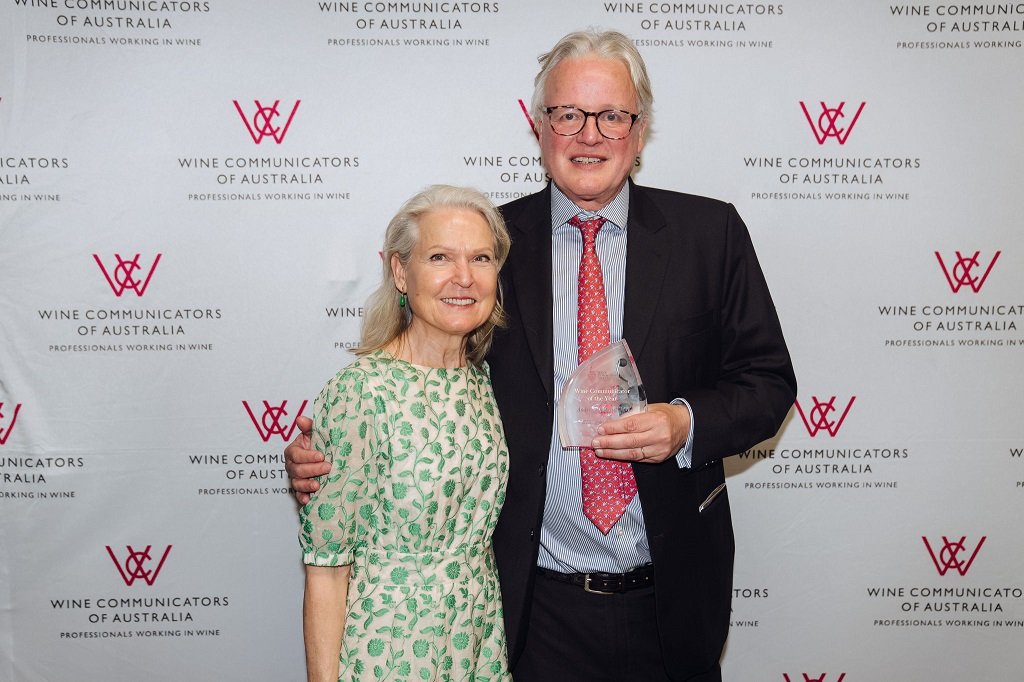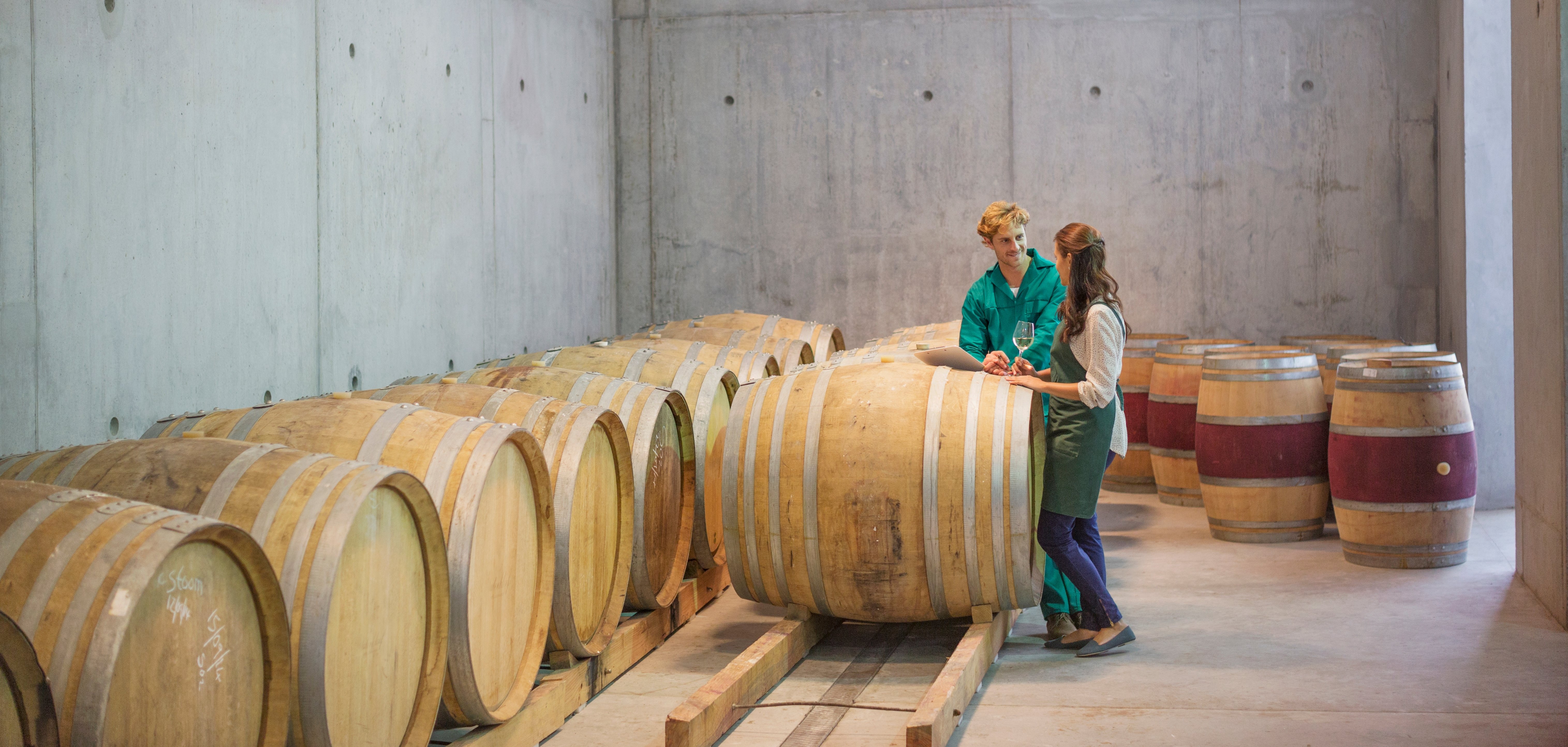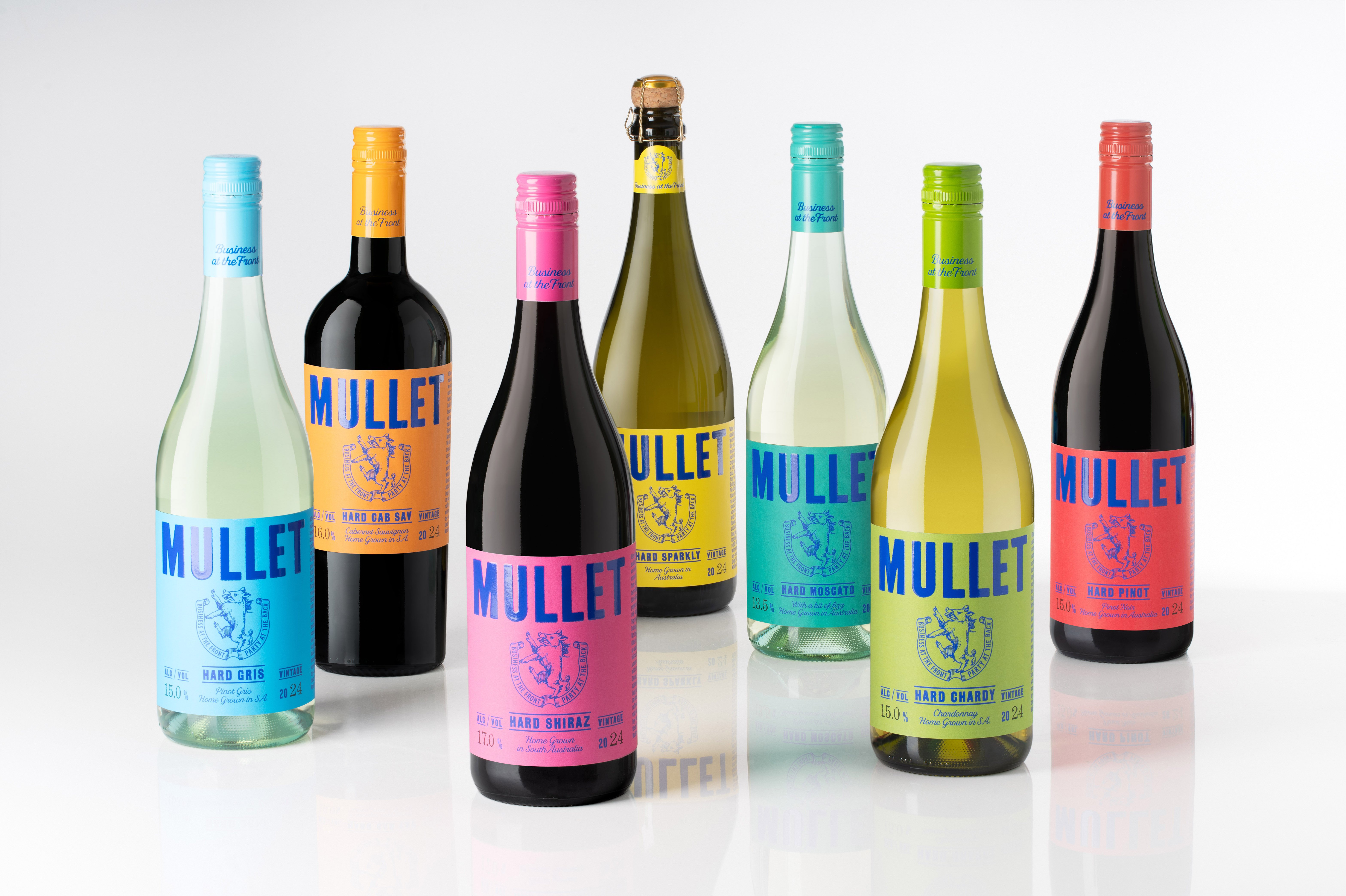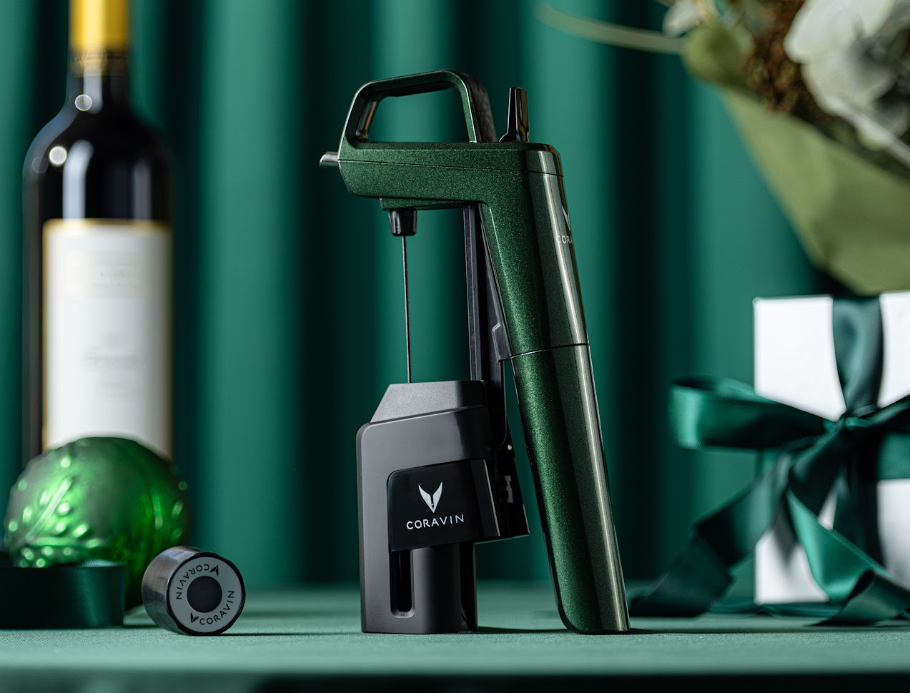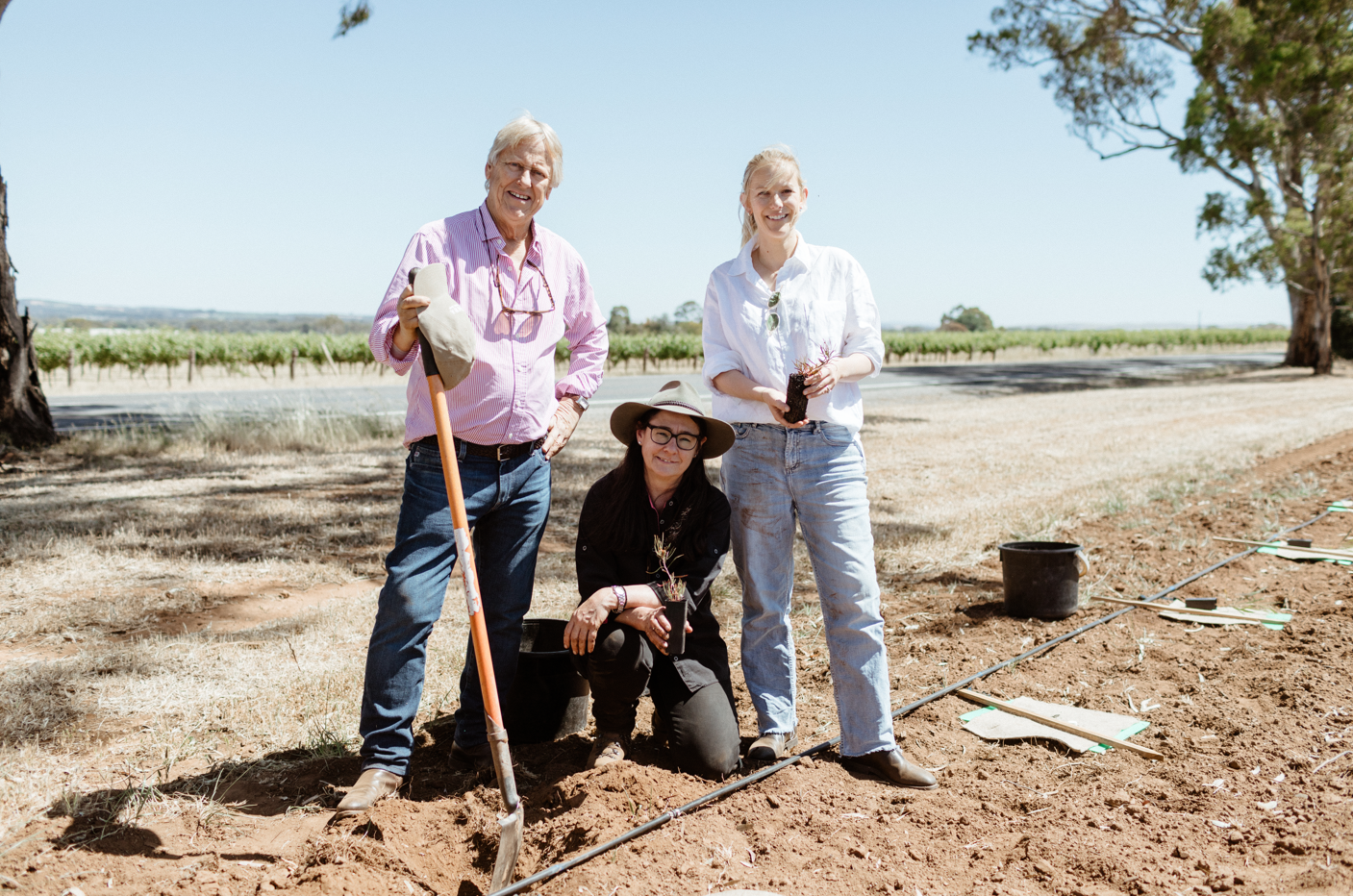Cellarmasters says customer demand for organic wine has gone through the roof in the last 12 months.
“If we dialled back the clock a few years, many organic wines didn’t have a great reputation," said Joe Armstrong, Head of Wine at Cellarmasters. "Often the focus was on the wine being organic, rather than the wine being of quality. Today, many winemakers and growers are striving to produce high quality organic wines across most price points – and wine consumers are loving it.”
Across the board in liquor retail, the growth in organic wine retail sales far outstrips that of non-organic wines, according to market researchers IRI Worldwide. Sales totalled $24.2 million in 2017, up nearly 40% from a year earlier, it said.
According to recent research conducted by Mobium Group, more Australians than ever are going green with their groceries; more than six in ten households buy organic product in any given year.
Although organic wines are becoming increasingly popular, almost 40% of organic wine drinkers state they struggle to find organic wines according to a recent Cellarmasters survey of more than 1300 wine drinkers.
In response, Cellarmasters has launched a quarterly subscription called Organic Wine Reservation.
“Food and wine go hand in hand, and with more Aussies buying organic groceries, it makes sense that they want to go green with their reds, whites and rosés as well,” "said Armstrong.
“We wanted to make it easy and affordable for those who want to drink green with our quarterly, automated delivery of organic wines. The wines in every case have been handpicked by our panel of experts, and for just $120 per case (six wines), including delivery, I’d like to think it’s great value.”
According to winemaker David Paxton, owner of Paxton Wines in McLaren Vane, a leader in organic and biodynamic viticulture and winemaking, the first thing many wine drinkers comment on after taking a sip of organic wine is its clarity and purity of flavour.
“Organic-biodynamic farming allows us to capture the natural beauty of the grapes, which you can taste in the clear flavours of the wine,” he explains.
Organic wine is made from grapes grown without the addition of synthesised chemical fertilisers, pesticides, herbicides or fungicides. Organic certifying bodies also place restrictions on the amount of sulphur dioxide that can be added to the wine and the chemical fining agents used in the winemaking process.
To sell Certified Organic Wine in Australia a winery must be certified. There are a number of different certification bodies including Australian Certified Organic, NASAA Organic, Certified BioGroOrganic – look for the logo on the bottle to confirm the wine is Certified Organic.
International demand for Aussie organic wine
According to Wine Australia exports in the organic category have risen by an average of 40% annually over the past four years.
Those exports were worth $14.5 million in the year to March 2018, with Sweden and the UK the biggest organic wine markets for Autralia.
Shiraz, Chardonnay and Cabernet Sauvignon were the top three exported varieties with organic certification, reflecting their overall position as the top three exported varieties, while the fourth largest organic variety exported was Viognier, which is 20th overall, followed by Grenache and Riesling.
Share the content
